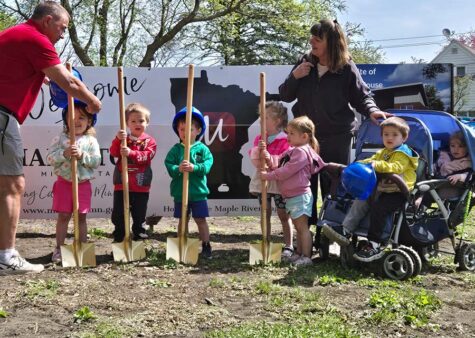Featured Stories of Success
Sullivan Chamber and Economic Development, Moultrie County, IL
- Challenge
Moultrie County faced a significant child care crisis, characterized by critical shortages in capacity, challenges with quality standards, and limited resources for providers. These gaps hindered workforce participation and strained families who lacked reliable child care options.
- Plan
In partnership with Sullivan Chamber and Economic Development, the project launched in 2022 with a focus on developing and activating a comprehensive Child Care Solutions Plan. This plan emphasized creating new child care slots, strengthening provider support systems, and securing necessary funding. Efforts included targeted technical assistance, resources to help providers meet quality standards, and the successful acquisition of $420,000 in ARPA funding to drive progress. Key initiatives also included developing sustainable tools, such as the MoultrieCountyKids.org website, to ensure families and providers had ongoing access to resources and support.
- Outcome
By January 2025, this collaborative effort created 56 new child care slots, with plans for 100 additional slots to open later in 2025. QRIS participation among providers surged from 18% to 83%, reflecting a dramatic improvement in quality engagement. The project also spurred the expansion of child care centers and the establishment of a new family child care facility in Lovington. These efforts have strengthened the child care ecosystem across Moultrie County, positioning it as a model for addressing child care challenges in rural communities

Website: Moultrie County Kids

Website: Northfield Childcare Partnership
Website: Southern Minnesota Initiative Foundation
Website: Three Rivers Community Action
Hosted Spaces in Northfield
- Challenge
Family child care providers in Northfield struggled to overcome barriers tied to the reliance on homeownership, with many prospective providers unable to operate due to a lack of commercial space models. This issue limited opportunities for families to access care options that met their needs.
- Plan
With support from the Southern Minnesota Initiative Foundation and a strategic partnership with Three Rivers Community Action Agency, the project aimed to repurpose underutilized spaces into viable child care facilities. In a groundbreaking approach, unused classrooms at the local community center were transformed into child care spaces designed for licensed family child care operations. Providers were given access to business planning tools, operational guidance, and financial support, including rent subsidies for the first two years of operation. This innovative model aimed to alleviate entry barriers while meeting the rising demand for child care.
- Outcome
The project resulted in the creation of two new family child care spaces, adding 24 child care slots to the community. One of the spaces is run by the mother-daughter team behind Little Stinkers and Thinkers Child Care, showcasing the success of empowering local providers. This pilot initiative not only addressed immediate capacity needs but also established a scalable model for other communities, demonstrating how child care demand can be met without relying exclusively on home-based settings.
Crawford County, IL Child Care Initiative
- Challenge
Rapid local business growth in Crawford County, driven by corporate expansions, exacerbated an already critical child care shortage. Families struggled to find reliable care, leaving businesses facing workforce challenges as employees lacked child care options to support their participation.
- Plan
Through our Whole Community Approach, a diverse group of stakeholders was brought together to evaluate data, identify gaps, and implement innovative solutions. This process included community workshops, corporate engagement, and the planning of a full-service child care center. Corporate partners like Hershey and Marathon Oil played a pivotal role, joining local businesses to fund solutions, including $500,000 in ARPA funding. Additionally, the initiative focused on enhancing recognition and support for existing providers and expanding family child care options throughout the county.
- Outcome
In Spring 2025, the Crawford County Kids Association will open a new 120-slot child care center, marking a transformative milestone for the community. This facility, coupled with expansions of family child care providers across the county, will significantly alleviate local child care shortages. The initiative demonstrates the power of unified community action, with sustainable funding and leadership paving the way for long-term solutions. These efforts underscore how collaborative planning can address workforce and economic challenges while benefiting families.
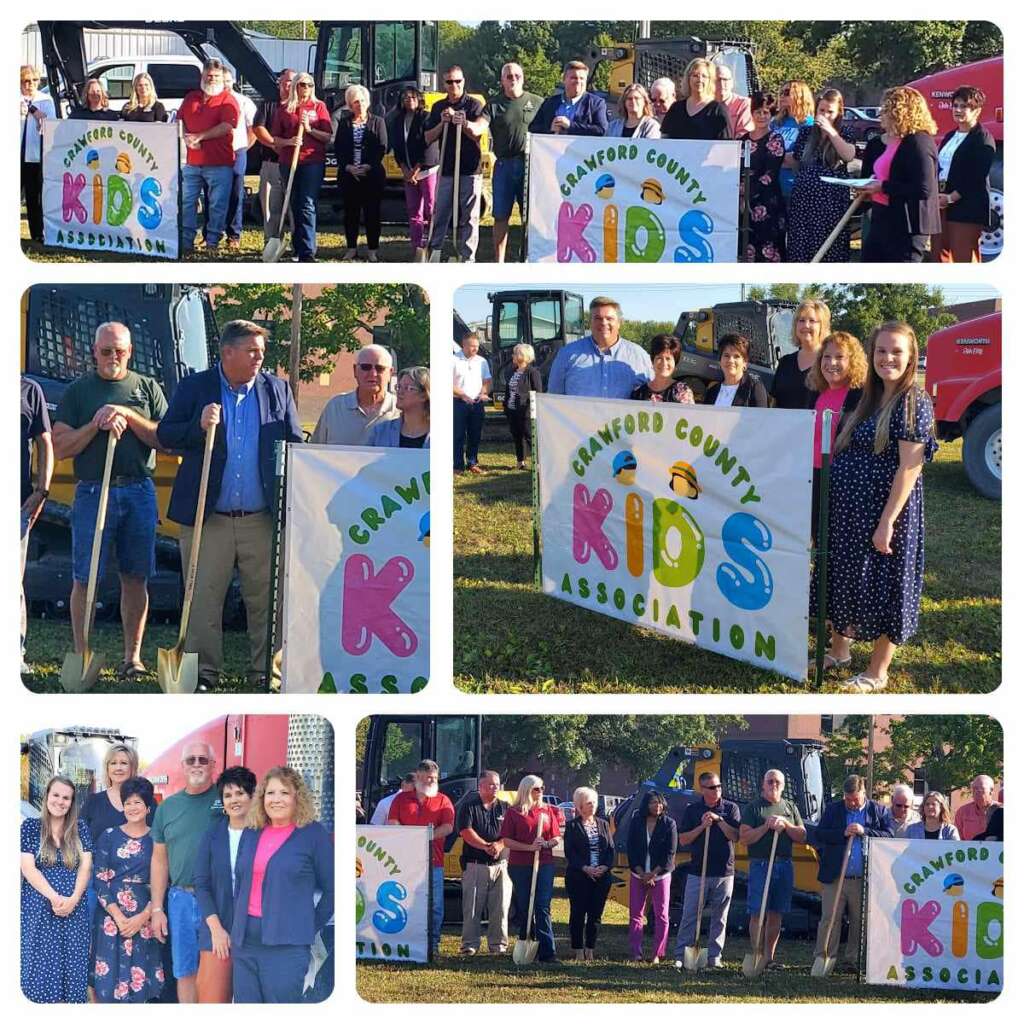
Website: Crawford County Kids
Highlighted Community Wins
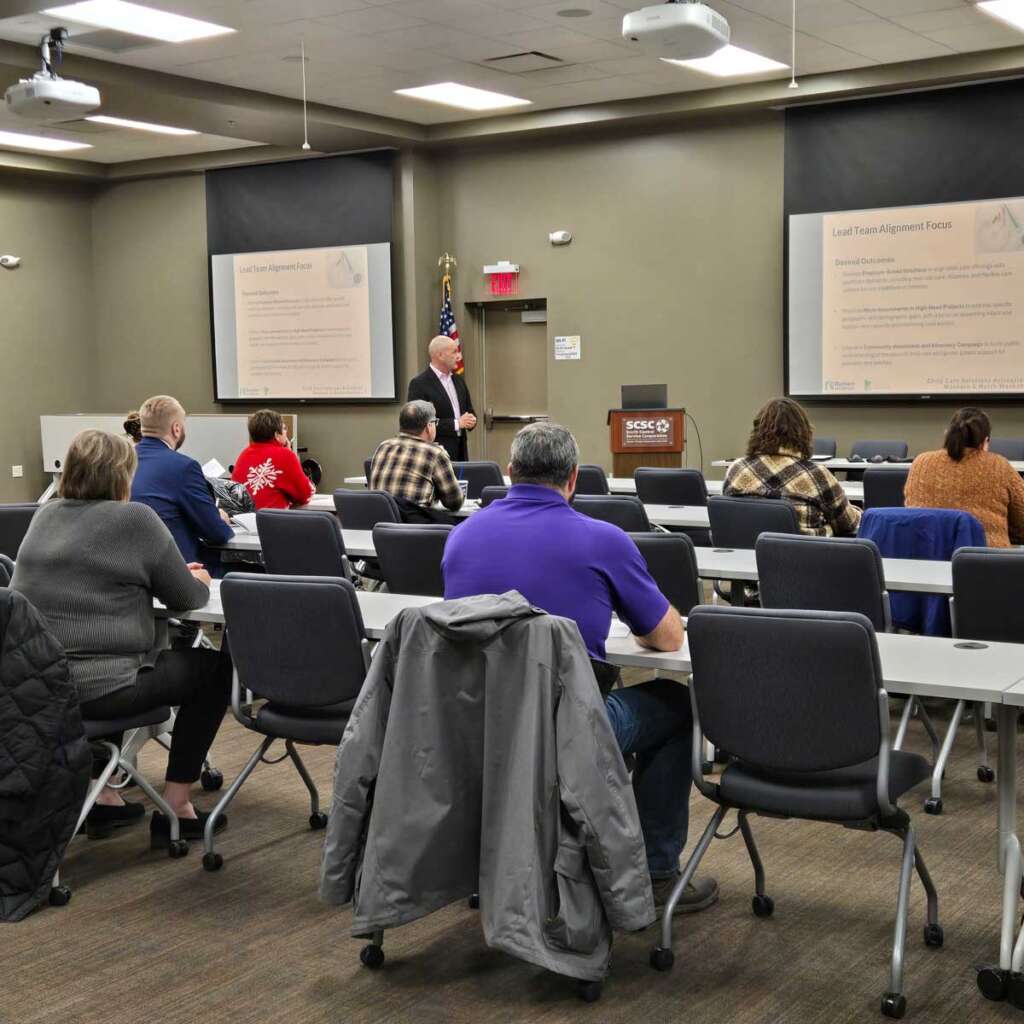
Website: Greater Mankato Growth
Mankato Area, MN
- What Brought Us There
The Mankato and North Mankato region, encompassing a mix of rural and city communities, faced significant disparities in child care access. Uneven care availability across the area left many families struggling to find reliable options.
- Key Challenge
A misalignment between care availability and local family needs, particularly for infant and toddler care, created inefficiencies and left numerous families underserved. Additionally, the region’s growing diversity underscored the need for culturally responsive care solutions.
- Highlighted Outcome Solution
Work is underway to develop micro-focus hosted spaces that target specific geographic gaps and support non-traditional care needs. These spaces will align with family and workforce demands while integrating culturally responsive solutions to better serve the region’s diverse population.
Henderson County, NC
- What Brought Us There
Henderson County struggled with persistent staffing shortages and financial instability among child care providers, limiting their ability to meet the growing demands of the community.
- Key Challenge
Providers faced systemic barriers, including low wages, high turnover, and limited access to professional development opportunities. These challenges reduced the stability of the workforce and the quality of care available.
- Highlighted Outcome Solution
A focus on providing wage stipends and professional support for early education and child care providers has helped stabilize the workforce and enhance the county’s ability to meet the needs of families.
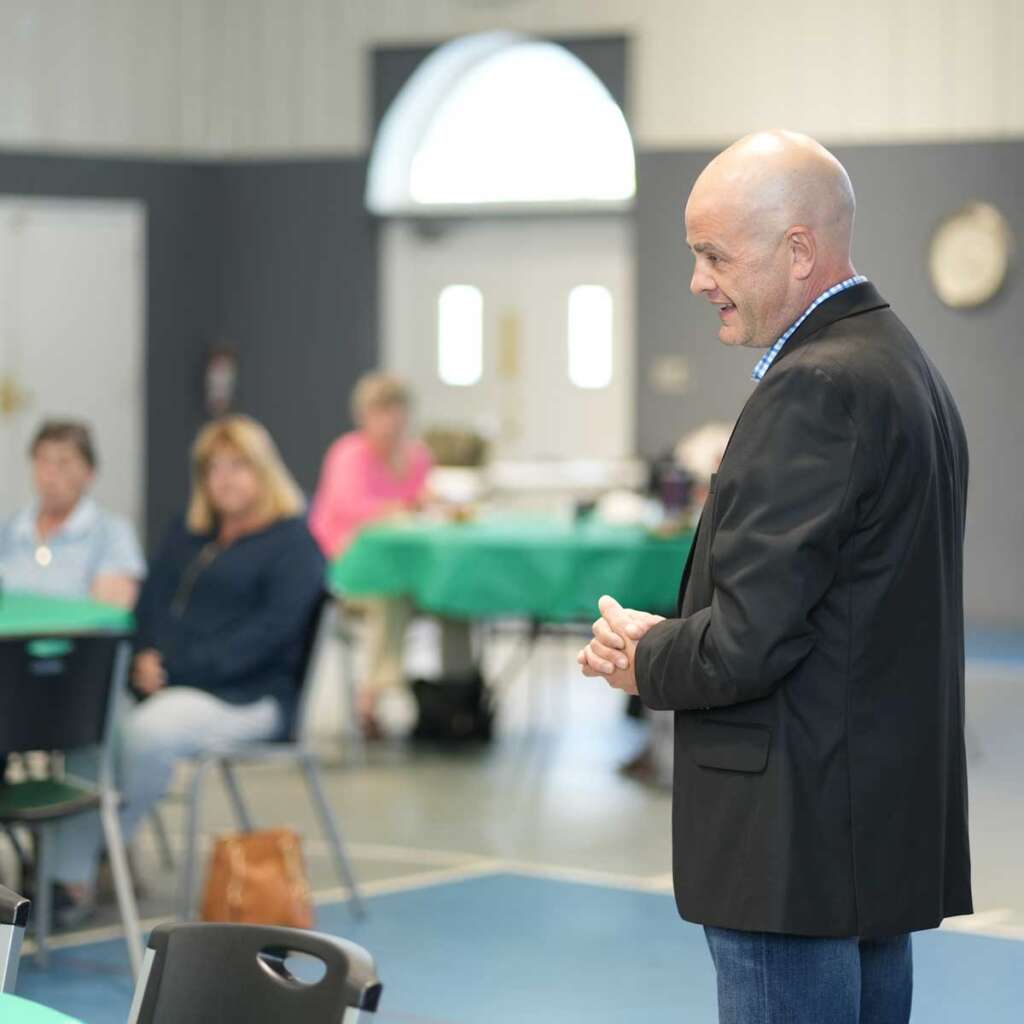
Website: Henderson County Government
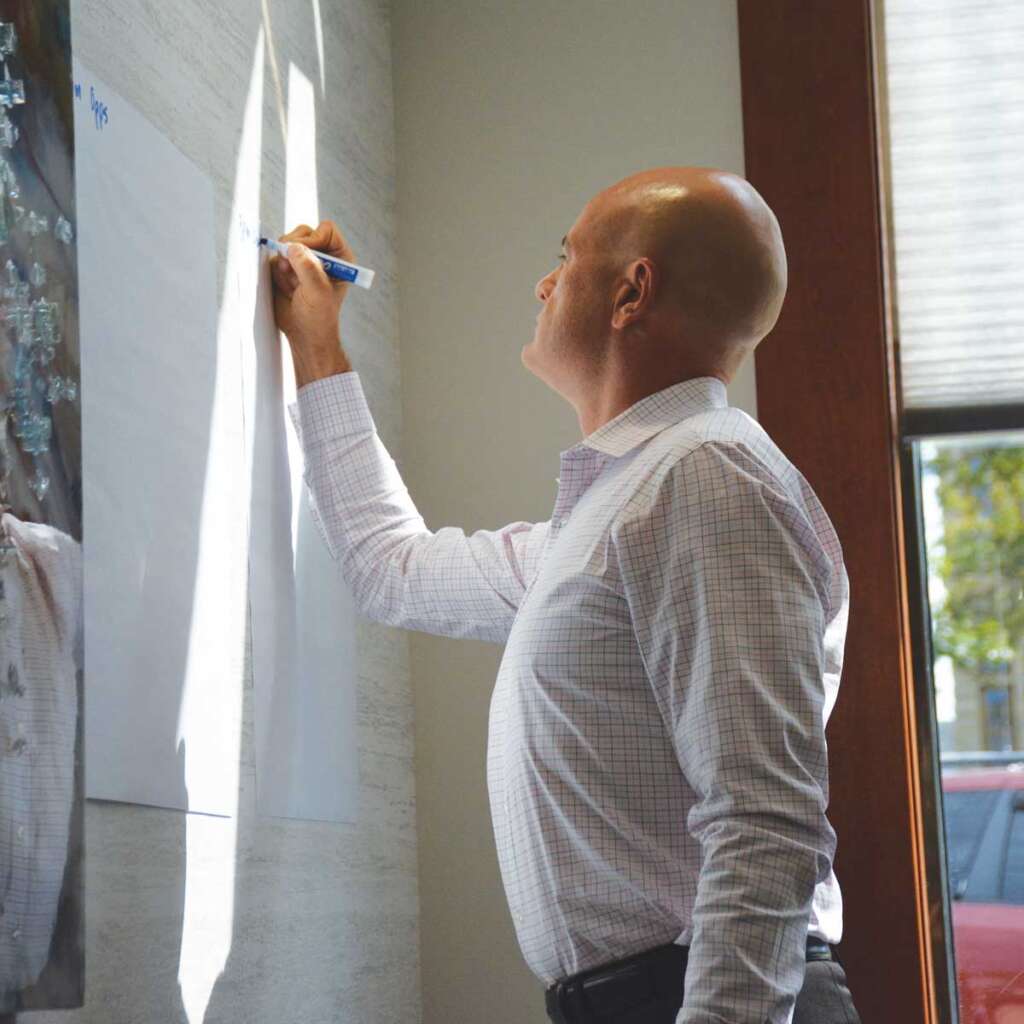
Website: City of Paris, Illinois
Paris, IL
- What Brought Us There
In Edgar County, the Paris community faced a severe child care shortage, with only 270 licensed slots available for over 950 children under five. This shortage created significant barriers to workforce participation and economic development.
- Key Challenge
Families working non-traditional schedules, such as evening or weekend shifts, faced additional obstacles, with limited care options that fit their needs. Proximity to a state border and time zone differences further complicated access.
- Highlighted Outcome Solution
The Paris Area Child Care Start-Up Support Program is actively being launched to incentivize new providers, expand capacity in underserved areas, and align child care services with employer needs. These initiatives are addressing the immediate gaps while building a foundation for sustainable care solutions.
Plainview, MN
- What Brought Us There
Families in Plainview, part of Wabasha County, faced significant gaps in licensed child care availability, leaving many without dependable options. These shortages impacted workforce participation and local economic growth.
- Key Challenge
Providers in the region experienced heavy administrative and operational demands that limited their ability to expand or enhance services. Rural families, in particular, were impacted by the lack of coordinated care options or support.
- Highlighted Outcome Solution
Efforts are underway to establish a centralized resource hub that will streamline administrative processes, provide technical assistance, and equip providers with the tools needed to sustain and grow their operations. This hub is in progress, aiming to become a critical support system for regional child care providers.

Website: City of Plainview, Minnesota
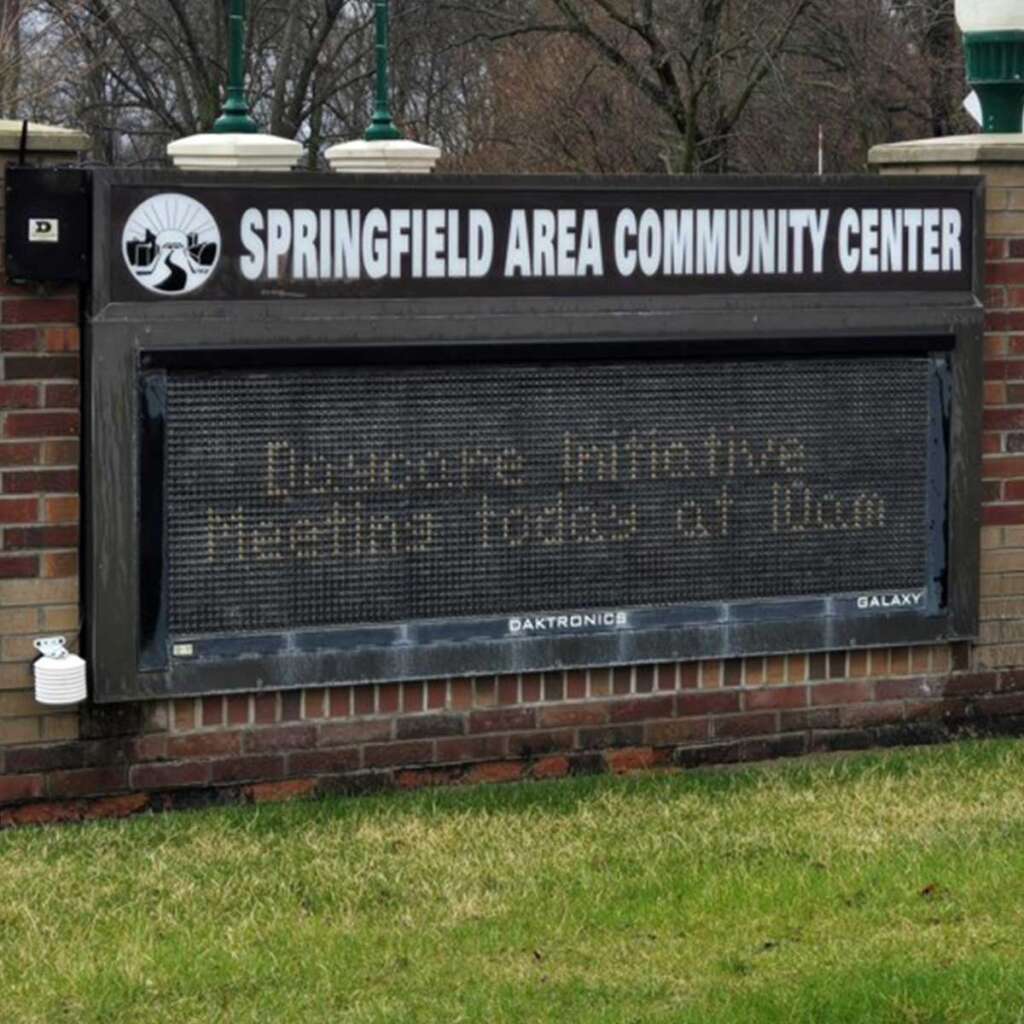
Website: City of Springfield, Minnesota
Springfield, MN
- What Brought Us There
Springfield faced growing concerns about sustaining child care capacity as several long-serving providers neared retirement or closure. Without a clear pathway to recruit new providers, the community risked significant losses in care availability.
- Key Challenge
The lack of structured mentoring programs or support systems for incoming providers created a critical gap, leaving the community with limited options to ensure a steady pipeline of child care professionals.
- Highlighted Outcome Solution
Work is currently underway to establish the Springfield Early Education Association (SEEA). This initiative will address provider transitions, recruit new professionals into the field, and ensure the long-term sustainability of child care services in Springfield.
Strategic Collaborations with Key Regional Partners
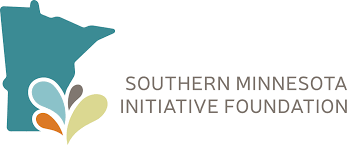
Southern Minnesota Initiative Foundation (SMIF)
Since 2019, we have been a steadfast partner in supporting communities and child care providers throughout SMIF’s 20-county region. Our collaboration has driven numerous initiatives centered on early education and the promotion of child care, helping to enhance accessibility and awareness of child care’s critical role in community development. Through targeted efforts, we have strengthened local systems, empowered providers with resources, and fostered community-wide understanding of the importance of early education. This partnership reflects our shared commitment to creating sustainable solutions for child care challenges in Southern Minnesota.
Website: www.smifoundation.org

Initiative Foundation (IF)
Since 2020, we have worked closely with the Initiative Foundation to address critical challenges faced by child care businesses in IF’s 14-county region. Our partnership includes providing specialized support and technical assistance to help child care businesses navigate unique obstacles and grow sustainably. In addition, we’ve collaborated with smaller communities to tackle broader child care-related issues, developing strategies that integrate community perspectives and address long-term needs. These efforts have helped strengthen local economies while ensuring families have access to high-quality child care options.
Website: www.ifound.org

Itasca Area School District Collaborative (IASC)
We have played a pivotal role in guiding the Itasca Area School District Collaborative as they reimagine their approach to early education and child care in the Grand Rapids, MN region. This work has included leadership in developing innovative strategies and initiatives, such as advancing visibility and understanding of the true costs of child care. Our efforts have helped IASC leadership foster stronger connections between stakeholders, build momentum for positive change, and create actionable plans that address both immediate and long-term needs for families and providers in the region.
Website: www.isd318.org

